Northeast Water Polo Conference Round-Up: Harvard’s Ted Minnis
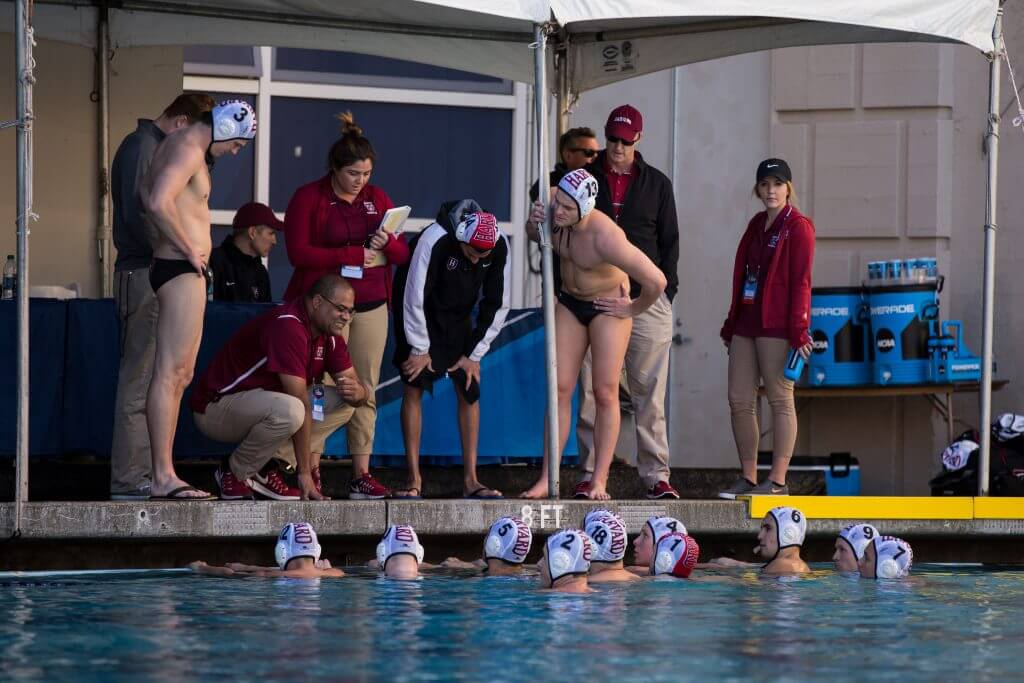
Editor’s Note: before an emotional 15-14 win over the host Terriers at St. Francis Brooklyn College, Harvard Head Coach Ted Minnis spoke with Swimming World’s Michael Randazzo about his team’s historic win over #3 University of California at Berkeley, the prospects for his deep and experienced squad and the impact of proposed rule interpretations being discussed by the NCAA Rules Committee and Bob Corb, NCAA Water Polo National Coordinator of Officials.
– Harvard recently beat #3 Cal, the highest seeded team the Crimson have ever taken down. How much does a signature win like knocking off the Golden Bears mean for your program?
It was an amazing win for us. Kirk Everist is one of the best coaches I know.
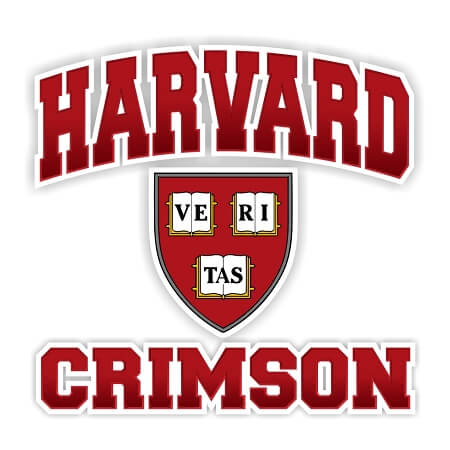
For me it’s September and to have such a huge win for our program in September really just means that the target on our back gets bigger here in the East! You don’t win championships in September; it’s how we’re playing in November in our conference. Our conference is all that matters, really because you don’t get an opportunity to go to NCAAs if you don’t win conference.
I’m really excited about our conference. We’re very strong top to bottom.
It’s an amazing thing—the people on the East Coast are very happy and excited about what we did but for us we’ve had to move on. We had a tough game with Iona this morning and we’ve got our hands full with this St. Francis team then tomorrow we move on to Princeton. Then it’s Brown and MIT and Princeton next weekend.
Because it’s September you have to move on from [the Cal win].
– You come into a difficult place to play—one program win in thirteen tries in Brooklyn Heights—but you have a not-so-secret weapon: Austin Sechrest.
Austin is one of the most athletic kids I’ve ever coached. We changed him last year from an attacker to a defender and he’s done an amazing job at it. Last year he was our second-leading scorer as our defender. He’s more dynamic this year—he feels more comfortable at that defender position–he’s able to get up and down the pool.
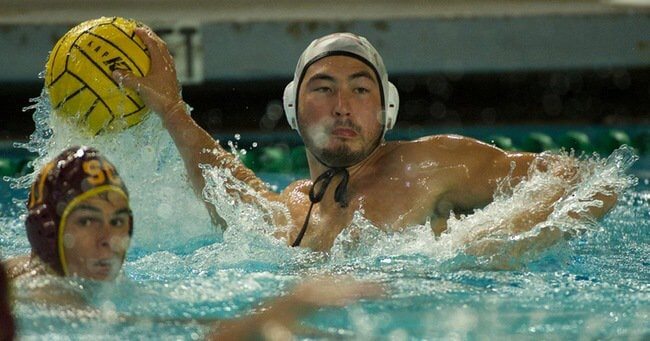
Austin Sechrest. Photo Courtesy: Matt Brown
He has a great shot, he’s fast—he’s the second fastest player on our team. He just sees the game so well. It’s really slowed down for him in the past year.
And he’s only a junior!
– Your recruiting the past couple of years has yielded Dennis Blyashov, Jackson Enright, Alex Tsotadze and Noah Hodge, some of the best young players in the East.
We’re finding throughout water polo that kids are realizing there are other options [than West Coast schools]. High academic schools are a great option; it’s not gonna be that you’re going to retire from playing water polo and never have to work a day in your life. It’s about that next 40 years in your life—that’s what we’re all about.
We don’t have the same off-season those California teams have [my players] are focused on finding internships for the summer. They’re working on a tougher load of classes to take out of season rather than take in-season.
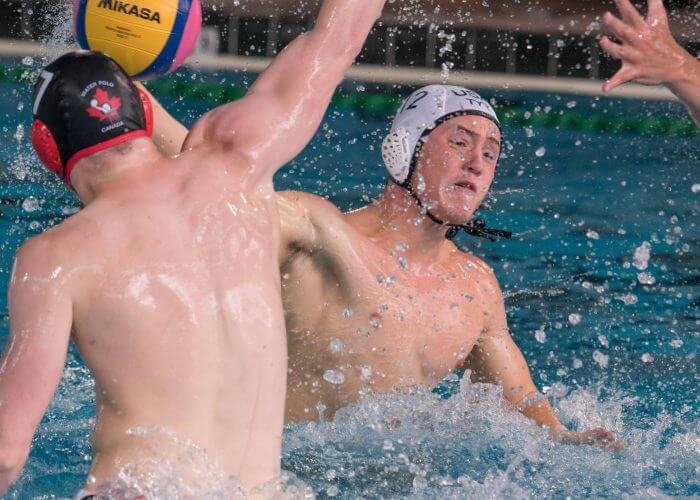
Alex Tsotadze. Photo Courtesy: USA Water Polo / Peter Laurence
We’re focused on getting stronger out of season than playing water polo. Then it’s hoped that by the time they come back for their senior year they have that job when they graduate. We have alums coming here [to St. Francis] like Harry Tafur and Colin Chiapello. They’re living and working in New York—that’s because of what they did in preparation during their four years in our program.
– Your team’s success has created the possibility—and expectation—that the Crimson will get to NCAAs year-after-year.
I don’t know. It’s a fun ride and it’s all new to me too. The experience of watching my guys develop and their confidence and belief in what they do grow. It’s just amazing. And it’s fun to talk to the alums—Mike Graff and Andy Freed, who have been great supporters for our program—to hear how happy they are and how proud they of us. The alumni will be out here tonight, and the ones who were at Iona; it’s fun to see them and [hear] how proud they are.
So I guess we have something special going here—but that could go away any second. Princeton, St. Francis, Brown, MIT, Iona—all those teams are very good, and in a blink of an eye, we’re not on top anymore.
– There clearly are many changes in the works about physical play in the sport. What’s your impression about how these changes are implemented and how they impact the sport in the East.
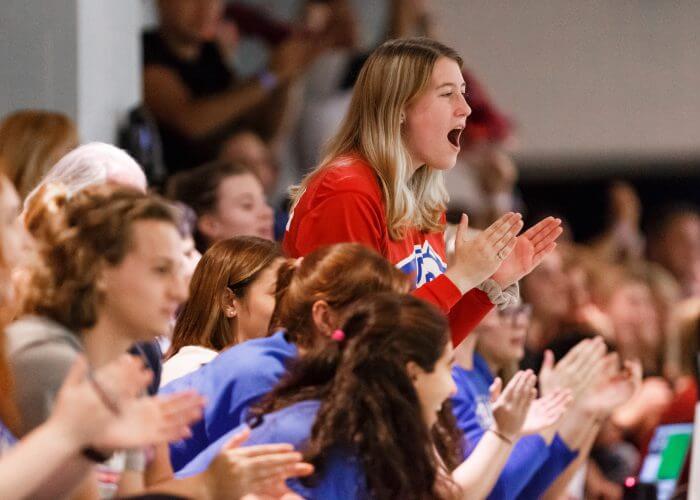
Harvard—not intimidated by Brooklyn! Photo Courtesy: Joseph Gomez
It’s not changes; I think it’s interpretations. The Rules Committee would like to see rules calls as they’re written in the rule book. And we have a lot of interpretations of: Was it a bad pass? Are they being held or pulled back in conjunction with the bad pass. That’s not in the rule book. If you’re held, pulled back or sunk in our game that’s supposed to be a call. That’s what the rules committee is asking the officials to call.
It’s big changes in the beginning [and] more changes for the referees because they don’t have that flow that they’re used to having. You see over the last couple of weeks consistency in that depending upon the level of the officials. But I really believe you see the coaches making their adjustments and you’re seeing less exclusions than you saw in the first week [of the season] because we’re practicing and there’s more consistency in how they’re going to call the rules.
We need to give it some time, and if we wait a year, look at it and then if it’s not working, the Rules Committee might make some different interpretations. But I don’t think it’s a bad direction we’re going in with our sport.



